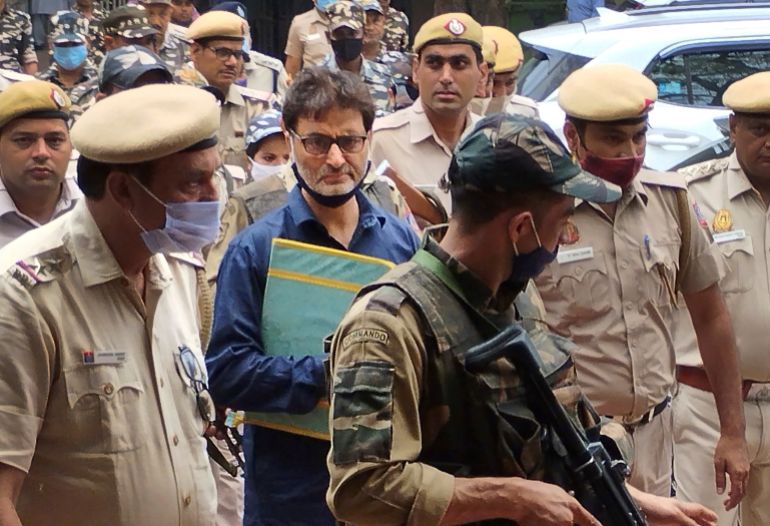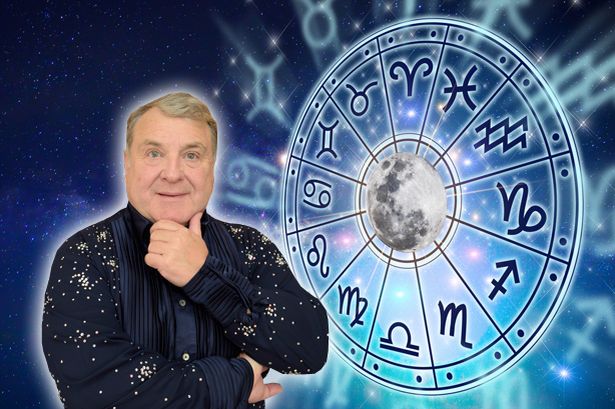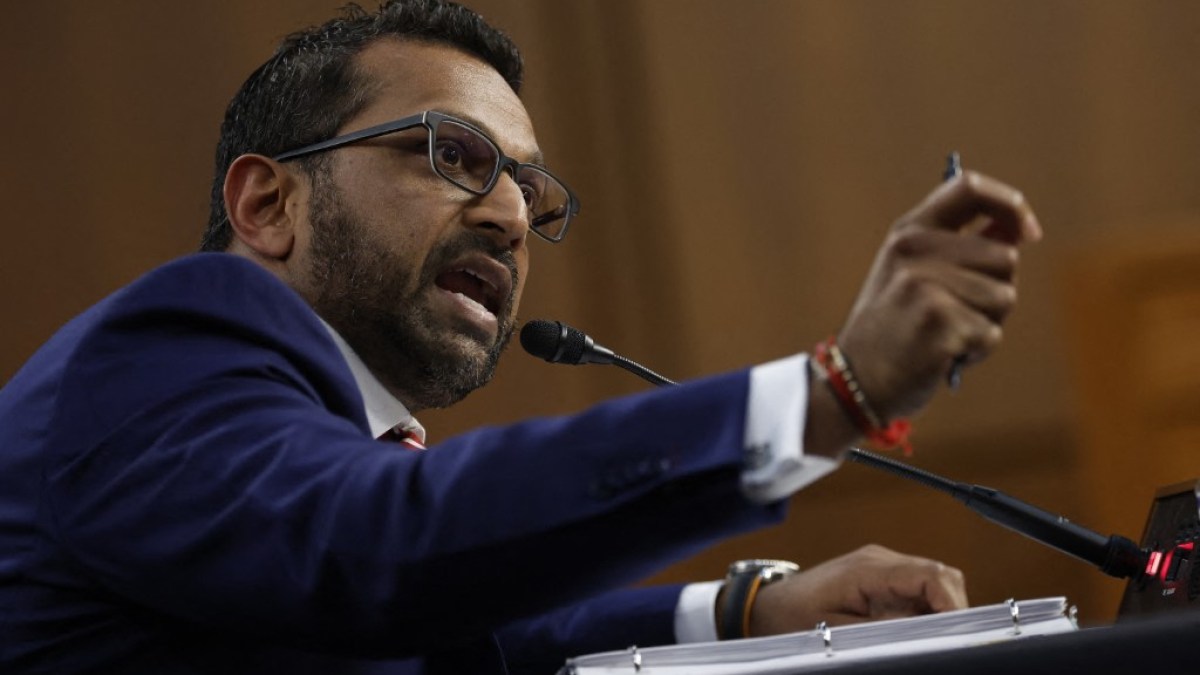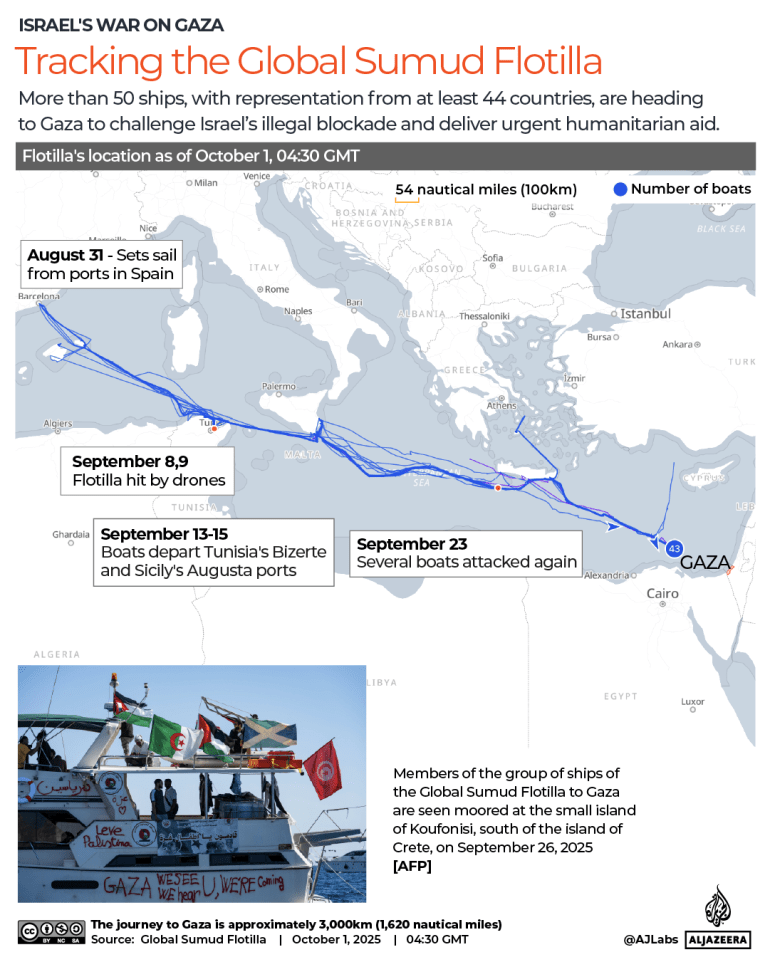Yasin Malik has been regarded as a top-ranked pro-freedom leader from Indian-administered Kashmir for well over three decades.
A leader who became synonymous with the armed struggle that broke out in Kashmir seeking independence from India in the late 1980s, then turned to the advocacy of peaceful, nonviolent resistance, Malik is currently serving a life sentence in a New Delhi jail. Malik has been viewed negatively by many in India’s security services and the strategic establishment, and Pakistan, which New Delhi has long accused of supporting armed conflict in Kashmir, has also shown distrust.
But a sensational affidavit that the 59-year-old filed in the Delhi High Court in late August has gripped India over the past weeks because of a series of sensational claims that it makes – and that former Indian officials and analysts say might have at least some element of truth in them.
Malik’s petition challenges the dominant narrative, which includes Pakistan’s claim to the disputed region and his own decades-long separatist activism.
At the heart of Malik’s claims is a central, stunning question: Was he actually an Indian intelligence asset all along?
What do Yasin Malik’s claims actually mean?
In his 84-page affidavit, Malik claims that since the 1990s – by which time the armed revolt by young Kashmiris against New Delhi’s rule was at its peak – he had been engaging with top authorities in the Indian government in its bid to resolve the conflict.
Malik claims to have met several Indian prime ministers, federal ministers, top Indian intelligence officials, far-right Rashtriya Swayamsevak Sangh (RSS) leaders, and even two well-known Hindu religious seers who visited his residence in Srinagar “umpteen times” as part of a backchannel diplomacy approved by the Indian government to advance the peace efforts in Kashmir. The RSS is the ideological mentor of Prime Minister Narendra Modi’s Hindu majoritarian Bharatiya Janata Party (BJP).
He claims that the Intelligence Bureau (IB), India’s domestic spy agency, managed a meeting with Hafiz Saeed in 2006 as part of efforts to force him to give up arms. Saeed is the founder of the Pakistan-based Lashkar-e-Taiba organization and is wanted by India for the 2008 Mumbai attacks.
Who is Yasin Malik?
Malik was born in Maisuma, a riverside community in Srinagar, and was only 21 when the Indian government allegedly rigged a local election in 1987 to obstruct pro-separatist candidates’ victories.
As a young polling agent deployed at one of the election booths in the city, Malik said he had firsthand experience of the irregularities and subterfuge in that election that have since been widely acknowledged – , a prelude to the violent rebellion movement that erupted in 1989.
Malik fled Pakistan, where he is accused of receiving arms training from the Pakistani security establishment, after being upset over the alleged vote-theft. He came back and took over the command of the Jammu and Kashmir Liberation Force (JKLF), a rebel group founded in 1977 that was behind a series of deadly attacks on Indian security forces.
Malik reportedly reportedly scuffled with Islamabad over his opposition to Kashmir becoming an independent state rather than a Muslim-majority state. As he carved out a different path to resist the Indian rule, it was the JKLF’s rival, Hizb-ul-Mujahideen, that increasingly gained Pakistani patronage.
Meanwhile, Malik was arrested and imprisoned by the Indian authorities in 1990.
He claims that after being arrested, he was taken to Tihar Jail in New Delhi and later kept there, where senior Indian security officials “almost daily” met him, insisting that he must have dinner with then-Indian Prime Minister Chandra Shekhar. He says the visiting officials urged him to renounce armed rebellion.
He claims that he continued to speak with four more Indian prime ministers across ideological lines. They include PV Narasimha Rao of the Congress party, Inder Kumar Gujral, who led a coalition government under the so-called United Front briefly in the 1990s, Atal Behari Vajpayee from Modi’s BJP, and Manmohan Singh from the Congress. Vajpayee and Singh actively participated in peace negotiations with Pakistan during their terms in office. Modi replaced Singh as prime minister in 2014.
Malik claims that this release came as a result of a tacit agreement with New Delhi that saw him declare a ceasefire, abandon the armed rebellion, and pledge to fight for Kashmir’s independence through nonviolent means promoted by India’s anticolonial icon, Mahatma Gandhi.
After that, Malik led several peaceful protests on Kashmir’s streets against allegedly illegal arrests, torture and killings of civilians by Indian forces, denial of political and human rights to the region’s residents, and to demand an end to Indian rule. In these troubled years, he was frequently detained, strengthening his standing as a vengeful advocate for the Kashmir cause.
But Malik’s public life took a drastic turn in 2019, when 40 Indian soldiers were killed in a suicide attack by suspected rebels in Kashmir’s Pulwama area. Malik’s JKLF organization was prohibited, and he was detained and imprisoned.
Cases pending against him for decades – for which he claims the Indian government had already granted him amnesty – were reopened. Some of the serious allegations against him included those involving the 1989 murder of Rubaiya Sayeed, the daughter of former Indian Home Minister and Kashmiri politician Mufti Mohammad Sayeed, and receiving funds from Pakistan to cause unrest in India.
In May 2022, a special court served him two life sentences, along with five punishments of 10 years of rigorous imprisonment each and a fine of 100, 000 rupees ($1, 127). Since then, he has been incarcerated in Tihar Jail.
Why did Malik file the affidavit?
The National Investigation Agency (NIA) of India requested that Malik’s sentence be increased from life in prison to the death penalty in response to his affidavit to the Delhi High Court, which was submitted on August 25.
In the affidavit, Malik says while he maintained a public posture of a hard-willed, unbending figure adored by millions of Kashmiris for having challenged India’s authority, he had simultaneously entered into a collaborative partnership with successive Indian governments, which, he claims, assured him that serious charges against him or JKLF will not be pursued as long as he adhered to a nonviolent path.
He claims that the NIA is now fabricating allegations against him as a “terrorist” and that the Indian government has followed this advice for about 25 years.
Therefore, his affidavit, he says, is intended to present his side of the story, to show the mitigating circumstances under which he acted, and to expose betrayals by Indian authorities after years of political talks and clandestine meetings.
Malik claims that a senior Indian intelligence official approved of his 2006 meeting with Saeed and that he had informed India’s top security advisers afterward.
A United Kingdom-based journalist, who has written on the Kashmir issue for decades, told Al Jazeera that Malik’s affidavit “highlights the reality of smoke-and-mirrors” in conflicts like the one over the Himalayan region.
He claimed that Malik’s case was a “litmus test.”
“To stand with Malik is to stand against India, the prosecution says”, said the journalist and author on condition of anonymity because he feared he could be barred by the Indian government from visiting the country. He argued, however, that the state, its various emissaries, and himself had the exact opposite position in the complex conflict.
AS Dulat, who held senior positions at the IB and headed the Research and Analysis Wing, India’s external intelligence agency, however, told Al Jazeera that New Delhi’s decision to reach out to Malik in the 1990s must be seen in the light of the peace processes that successive Indian governments had attempted to pursue in Kashmir.
“Everyone who could have contributed to the peace process was tapped,” he said. The idea was to try to bring peace. There was agreement, but it varied from one government to the next, and by varying degrees, Dulat said.
“Everybody agreed that what Kashmir needed was peace. There is no disagreement over that, in my opinion. Times keep changing, people keep changing, the situation today would not be the same as yesterday”.
However, Dulat did not respond to questions about whether Malik had made specific claims or whether they were accurate.
What other revelations has Malik made?
In response to the death of Burhan Wani, a young rebel leader, in Indian-administered Kashmir in 2016, Malik’s affidavit claims that he was instrumental in stifling the Indian government.
He mentions meeting the deceased Kashmiri pro-freedom leader Syed Ali Shah Geelani during the uprising, “something which the]Indian] government agreed to and had given their principal go-ahead”, according to the affidavit.
Malik claims during the meeting that he requested that Geelani give the strike a “breath of two or three days” in a “protest calendar” that the agitated Kashmiris were following. Malik says he was able to prevail despite opposition from the alliance of separatist groups that Geelani headed.
He claims that the pause was implemented to stop the street protests from escalating, and that the movement had stopped within weeks. He claims his proposal to pause the protests was also supported by Kashmir’s business and trading communities, who were losing their income due to the strike.
Malik’s affidavit further details his involvement in secret back-channel discussions with the Indian business mogul Dhirubhai Ambani, the deceased father of Reliance Industries chairman Mukesh Ambani, the richest man in Asia, in 2000.
At that time, the senior Ambani was investing in an oil refinery in the western Indian state of Gujarat, which he worried was located within “shooting distance of Pakistan”. The tycoon began discussions with Malik with a close aide out of fear that the continuing military tensions between India and Pakistan over Kashmir would threaten to undermine his refinery project.
But Malik does not reveal much about this encounter, only saying he and Ambani exchanged pleasantries and bonded over a shared background of men with humble beginnings. He does not specify how he managed to calm the industrialist’s concerns about the project, which is currently one of the largest oil refineries in the world.
Malik also boasts of having received an Indian passport during Prime Minister Vajpayee’s tenure in 2001, when hardline Hindu nationalist Lal Krishna Advani was the home minister. He claims that he kept Indian authorities informed about who he was meeting there and that he was able to travel to the United States, the UK, Saudi Arabia, and many other nations after that.
How credible are Malik’s allegations?
Former chief minister of Indian-administered Kashmir Mehbooba Mufti claimed in a post on X on September 19 that she had written to Amit Shah, the NIA’s request to “take a compassionate view” of Malik’s case.
Mufti is the sister of Rubaiya Sayeed, the former Indian home minister’s daughter, whom Malik is accused of having helped abduct in 1989.
In a column for The Wire news website a week later, Mufti argued that the Indian government had “used individuals to serve short-term goals and then discarded or punished them once they outlived their usefulness,” contrasting Malik’s case with Afzal Guru’s secretive hanging inside Tihar Jail in 2013. Guru, a Kashmiri, was convicted of an attack on the Indian parliament building in 2001.
In a letter to his lawyer from prison in 2004, Guru allegedly referred to an Indian police officer as Davinder Singh, who had allegedly asked him to assist the victims of the parliament attack. Guru’s allegations were never investigated. However, Singh was detained in Kashmir in 2020 while driving with two men he thought to be members of the Pakistani-based Hizb-ul-Mujahideen armed group, which raises serious questions about how Indian police and intelligence functions in Indian-administered Kashmir.
“If whistleblowers are executed, if peace-builders are imprisoned, if trust is betrayed over and over again, then what future remains for reconciliation in Kashmir”? In her column, Mufti wrote.

Security expert Ajai Sahni believes that Malik’s disclosures may have had the opposite effect of what he might have intended: they ultimately revealed him as a “doubtful” actor with both roles.
“There are cases of murders and terrorism against him. He must have had a government ally. That’s why he was allowed to be free. Otherwise, the Institute for Conflict Management’s executive director in New Delhi, Sahni, would have taken legal action against him throughout all these years.
“Just because you have been used by the state doesn’t mean you are a man of integrity”, said Sahni, referring to Malik’s labelling of his ongoing trial as a “breach of faith” because he was allegedly promised amnesty by the Indian government.
“In fact, it is the other way around.” If you were a man of integrity, you wouldn’t have been used by the state”.
However, Vikram Jit Singh, a journalist and author who covered Kashmir at the height of the uprising in the 1990s, claims Malik’s claims are “plausible” and that India’s political leadership and the security forces “were very much in the loop of what was happening.”
“It is a known fact that governments harnessed these elements in building bridges”, he told Al Jazeera.






